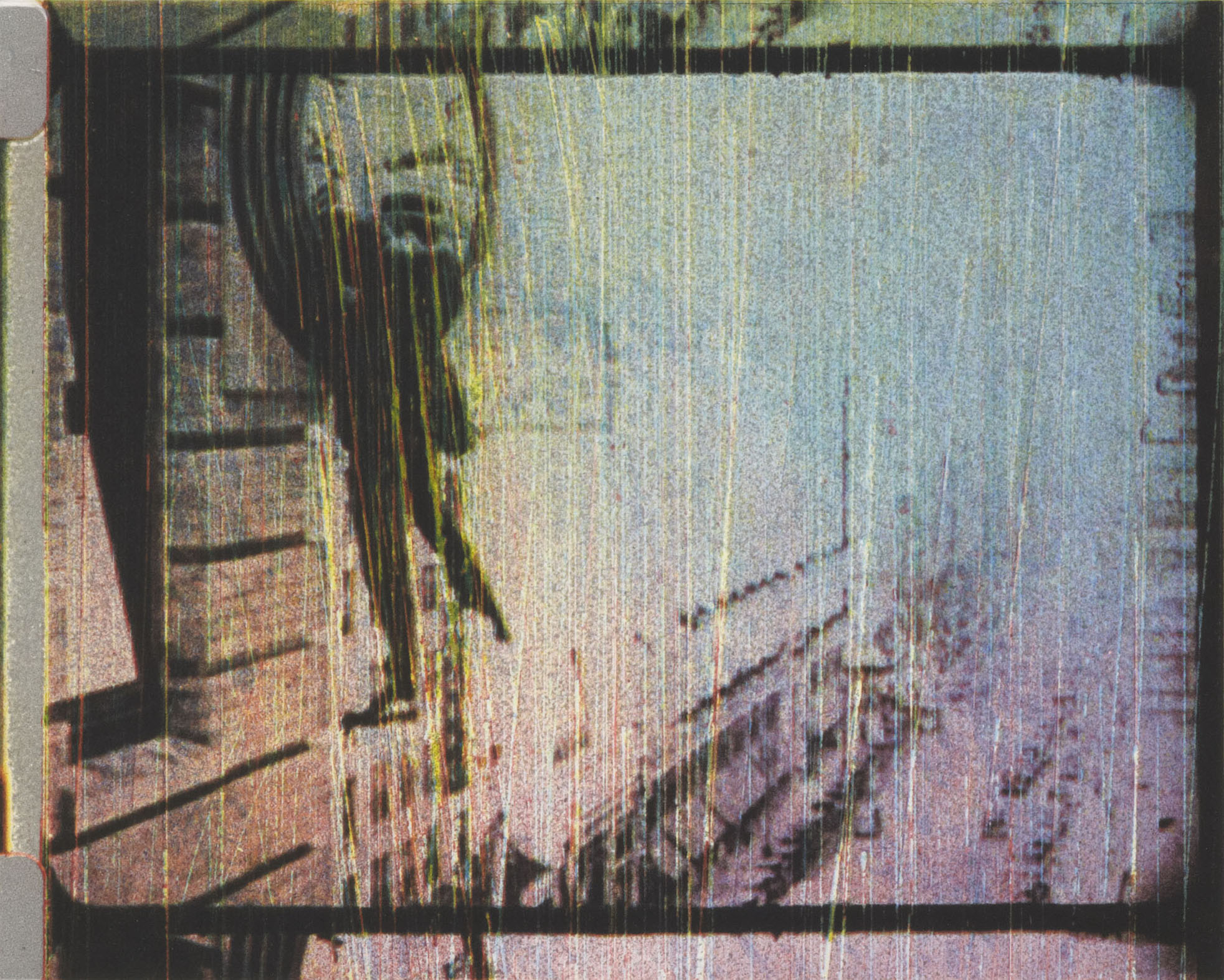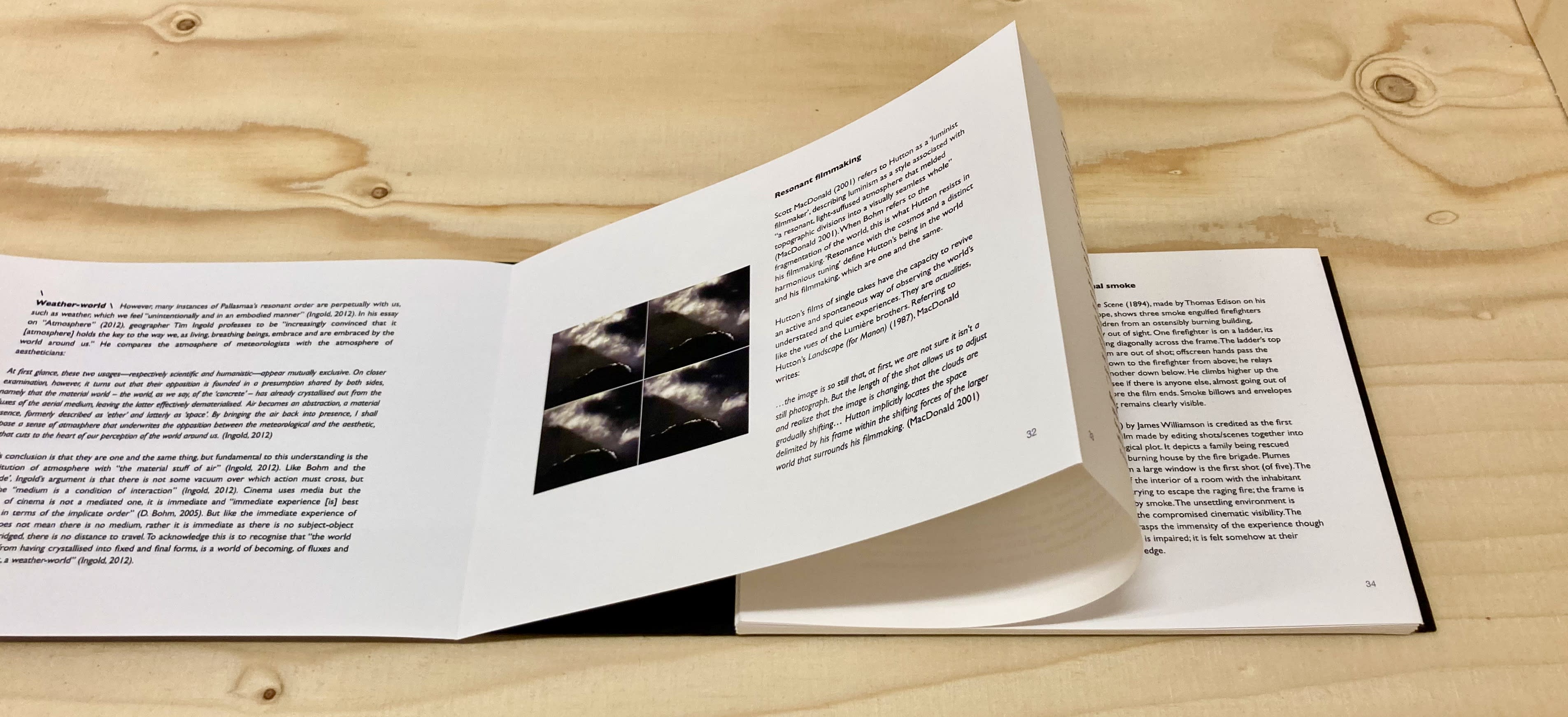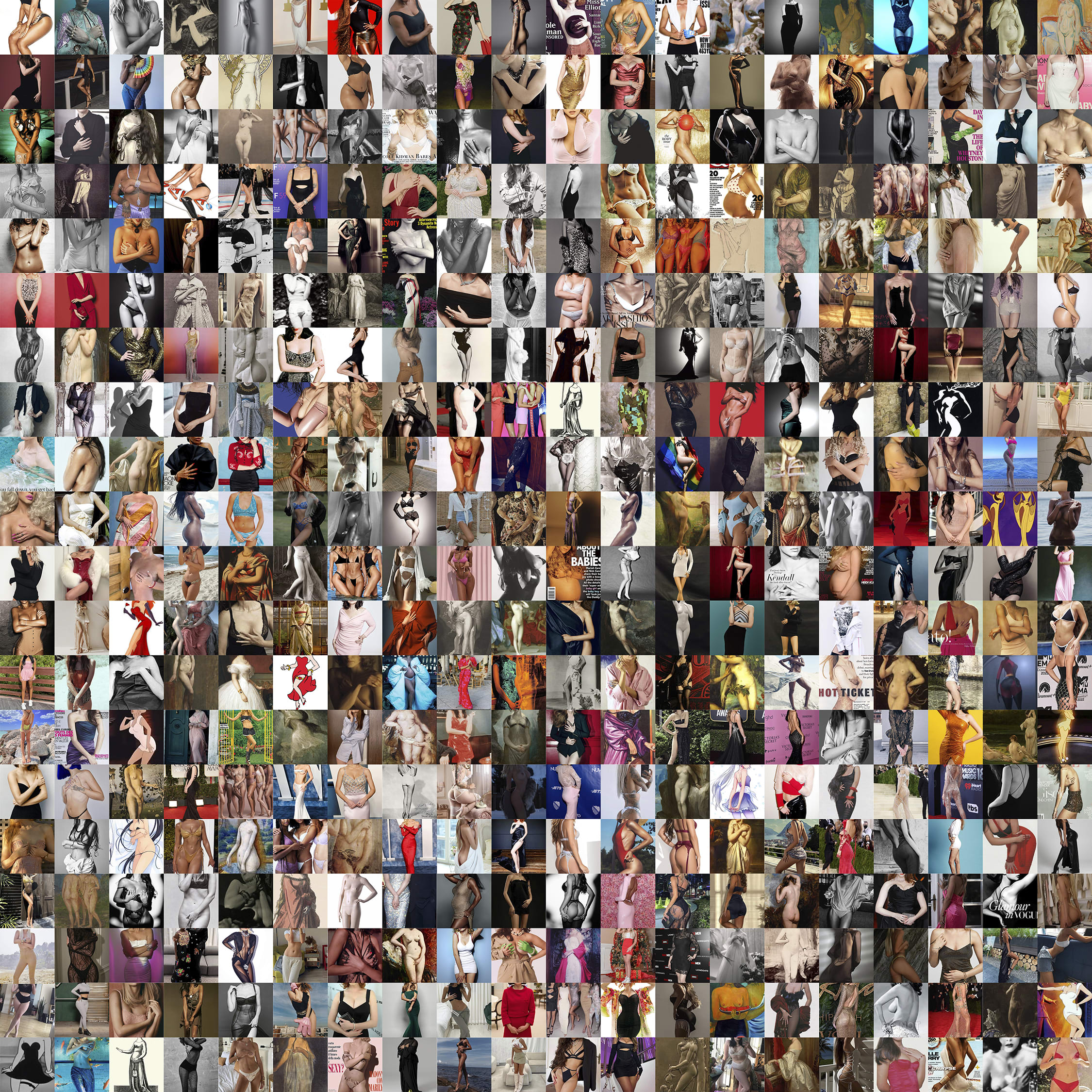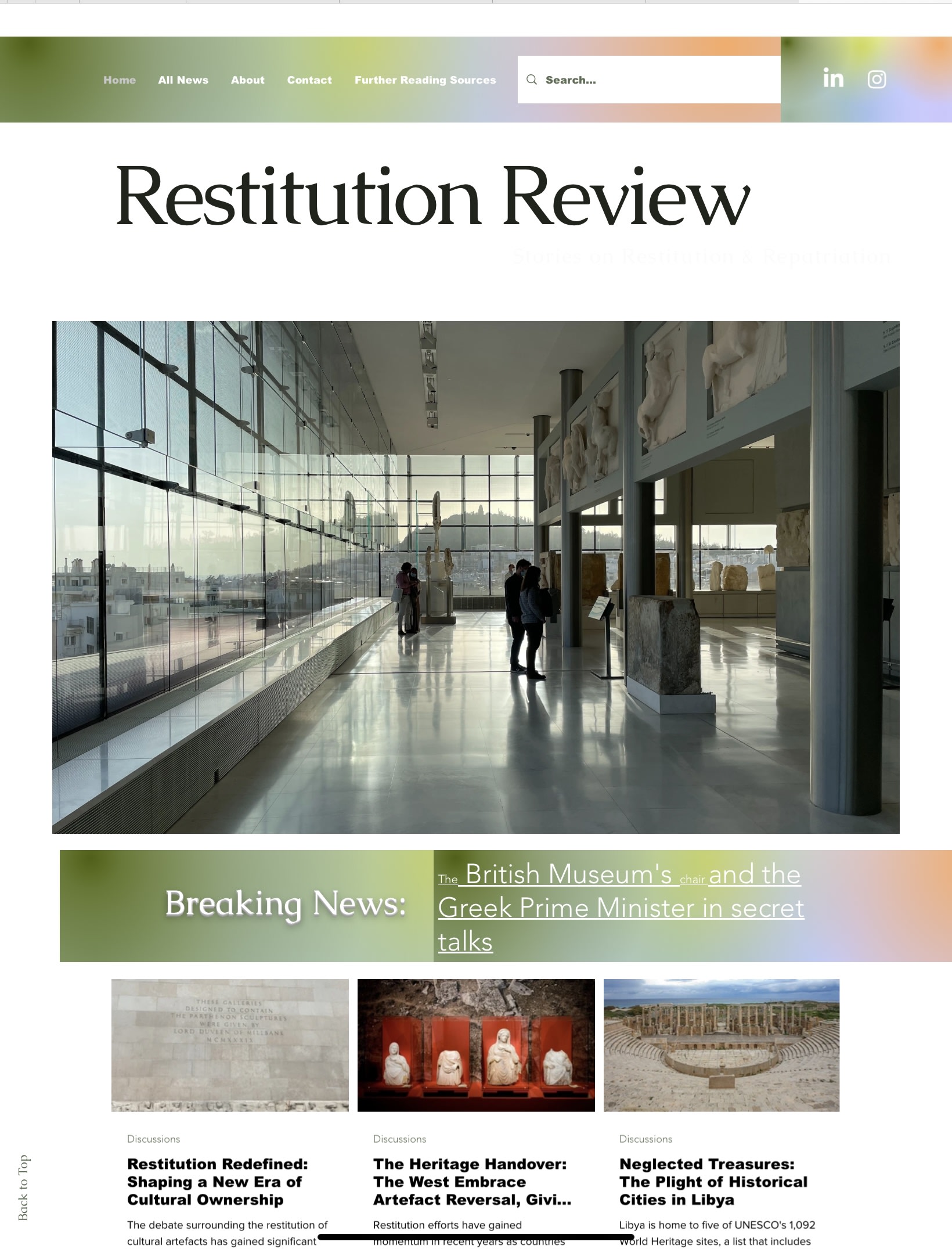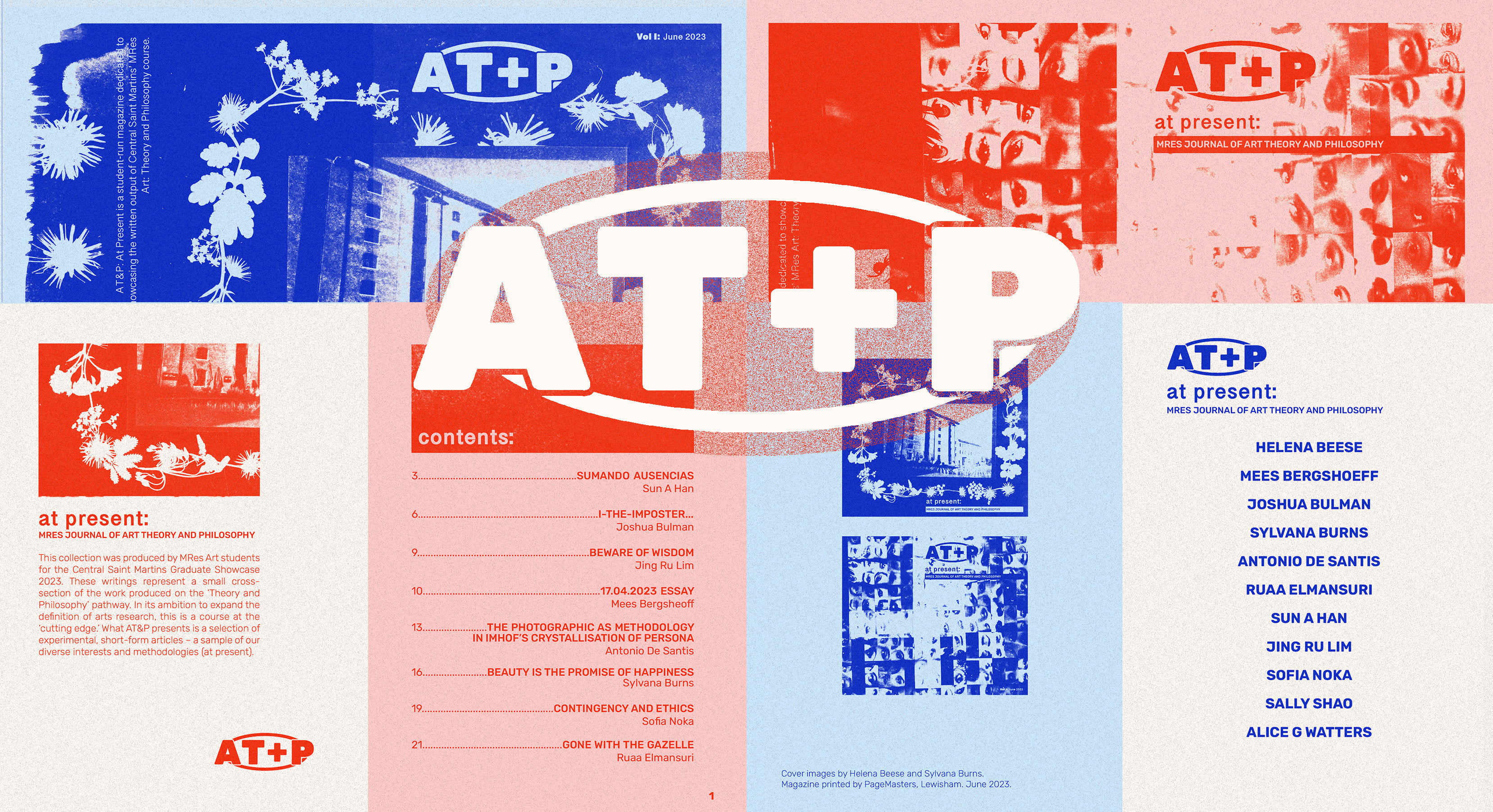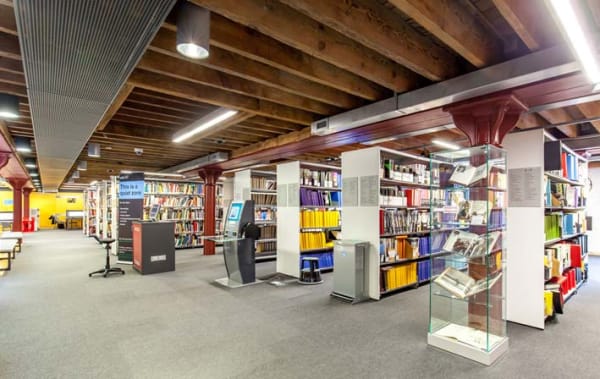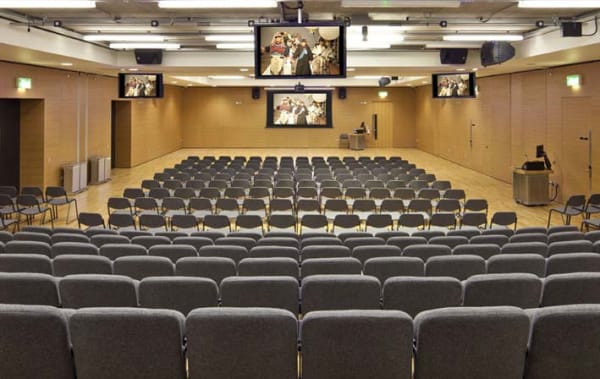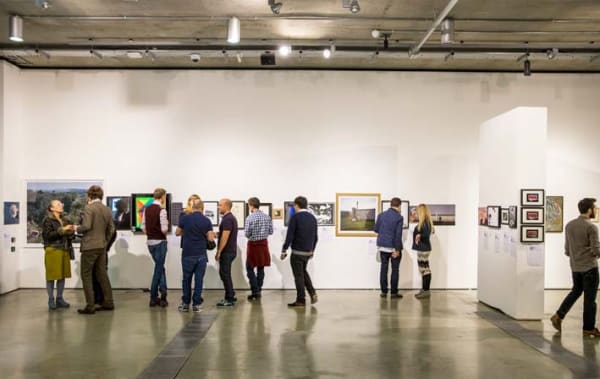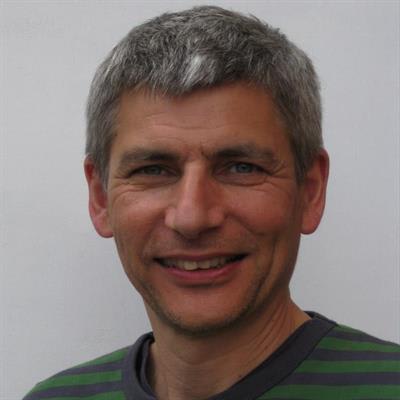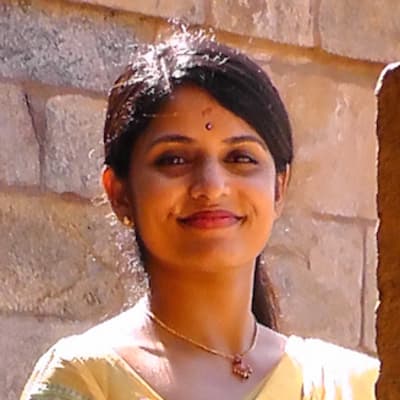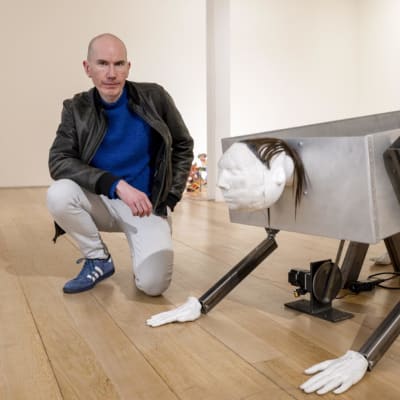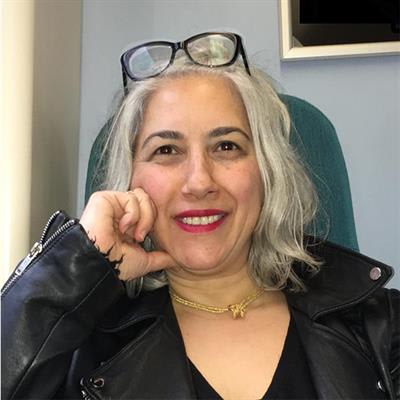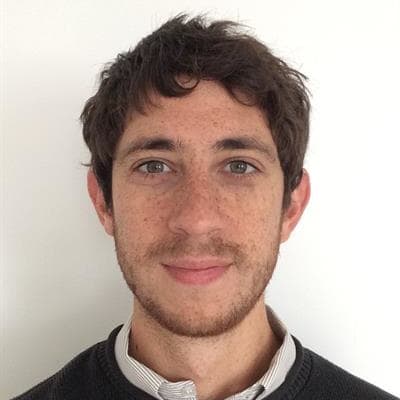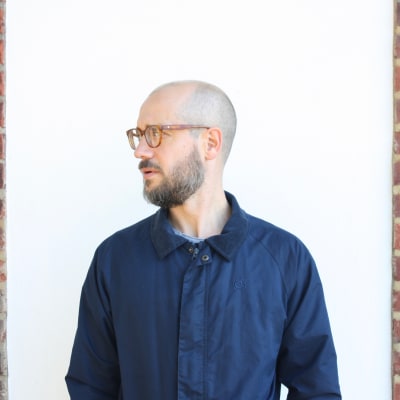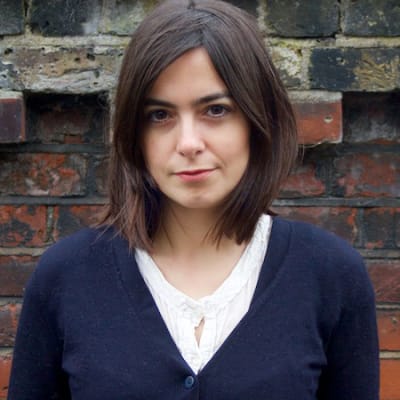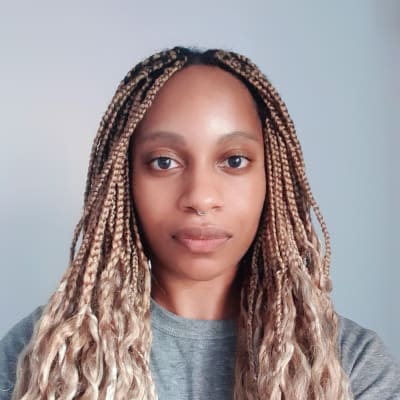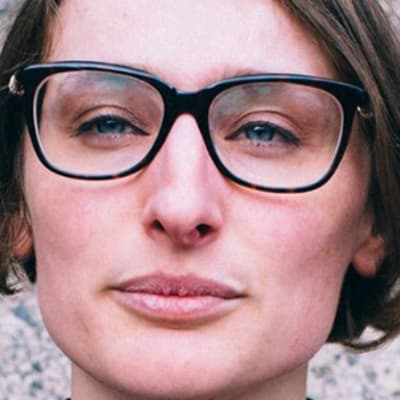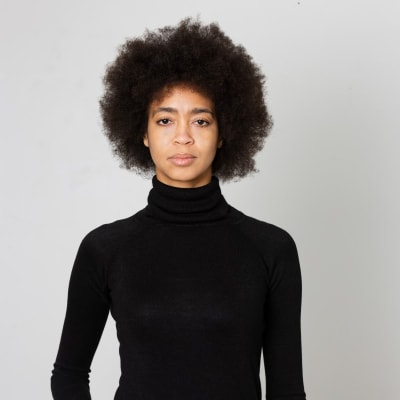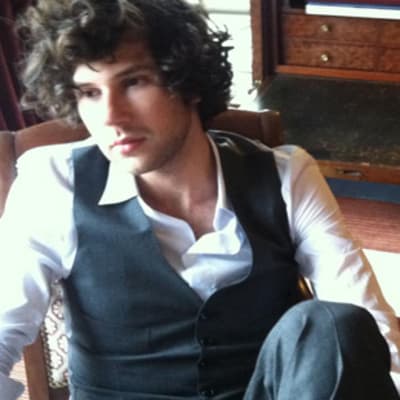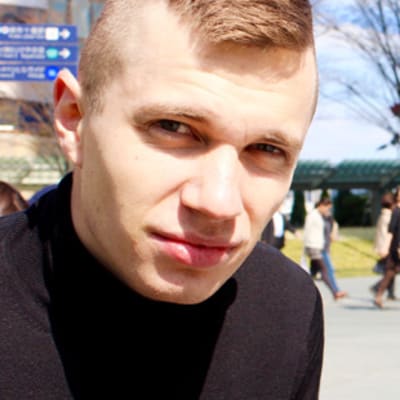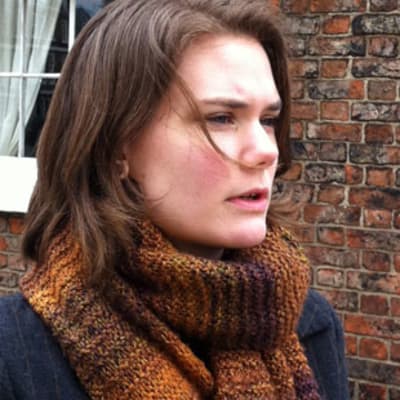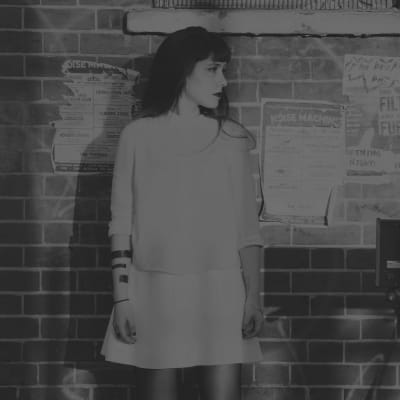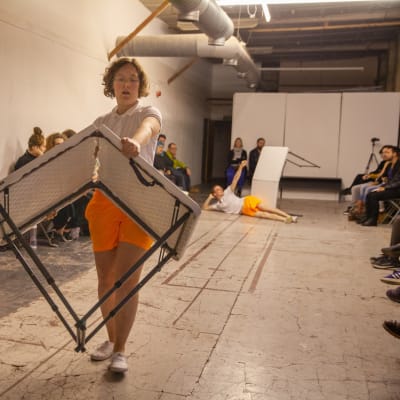Course units
MRes Art: Theory and Philosophy is dedicated to creative and flexible ways in which its ideas can merge with your own interests. Alongside an intensive program of seminars which deepen your knowledge, the pathway also supports your own developing lines of enquiry and research, especially towards the end of the first year and throughout the second year of the course.
The curriculum will advance your research abilities and knowledge in both theoretical and art-related fields. Enabling an understanding of key issues and debates informing art discourse and practice today, the curriculum incorporates a wide range of practices – writing, publishing, group discussions, tutorials, gallery visits and public symposia – as integral to your studies.
Unit 1: Innovations: Art, Writing, Philosophy
Responding to the question posed by the title of their 1991 book What Is Philosophy? Gilles Deleuze and Félix Guattari declare that "Philosophy is the art of forming, inventing, and fabricating concepts." By this, the authors infer that philosophy not only invents new ideas, theories and forms of cognition but, equally, that it opens up new realms of perception and subjective experience. The teaching on the pathway, as well as the writing and research it supports, takes up the consequent challenge of these innovations for art and cultural and social discourses. It affirms the innovations created by philosophical thought and its difference from traditional, categorial assumptions of knowledge.
Unit 1 will enable you to absorb and understand the seminal advances and speculative thinking developed by philosophy. It conceptually maps the legacies of continental philosophy for thinking, writing and art today. This opens up new possibilities for thinking and writing, as well as advances ways by which to interpret and contribute to developments in art, culture and the social today.
Unit 2: Methodologies and Methods I
Unit 2 is an opportunity for all the students in the MRes Art course to study together. The unit has two distinct components: methodologies and methods. Methodologies aims to make you aware of a range of methodological approaches that have shaped debates in your field of study. These include, but are not limited to, structuralism, Marxism, psychoanalysis, feminism, postcolonial and decolonial studies. Methods aims to equip you with essential research skills.
Unit 3: Methodologies and Methods II
Following on from Unit 2, this unit deepens your understanding of specific artistic and discursive methods. You will examine how they operate in specific texts, debates and events by relating them to the pathways’ respective subject areas. Seminars and workshops are integral to the unit, in which methods of research and writing are collectively tested.
Unit 4: Individual Research Project
Unit 4 has two parts. Part one continues the seminar series in Unit 1 concerned with philosophical innovations and their relevance for thinking and writing. Additionally, you will also focus on developing your research project proposal. This involves reading and viewing, the formulation of appropriate research questions and methods. You will also produce a literature review.
In part two, you will lead presentations about your research. You will discuss progress, challenges and findings and issues of form, audience and dissemination. At the end of Unit 4 you will be assessed through presentation of your realised research project in the agreed forms.
Important note concerning academic progression through your course:
If you are required to retake a unit you will need to cease further study on the course until you have passed the unit concerned. Once you have successfully passed this unit, you will be able to proceed onto the next unit. Retaking a unit might require you to take time out of study, which could affect other things such as student loans or the visa status for international students.
Mode of study
MRes Art is offered in extended full-time mode which runs for 60 weeks over two academic years. You will be expected to commit 30 hours per week to study, which includes teaching time and independent study.
The course has been designed in this way to enable you to pursue studies, while also undertaking part-time employment, internships or care responsibilities.
Credit and award requirements
The course is credit-rated at 180 credits.
On successfully completing the course, you will gain a Master of Research (MRes degree).
Under the Framework for Higher Education Qualifications, an MRes is Level 7. All units must be passed in order to achieve the MRes but the classification of the award is derived from the marks for the third and fourth units.
If you are unable to continue on the course, a Postgraduate Certificate (PG Cert) will normally be offered following the successful completion of 60 credits.
